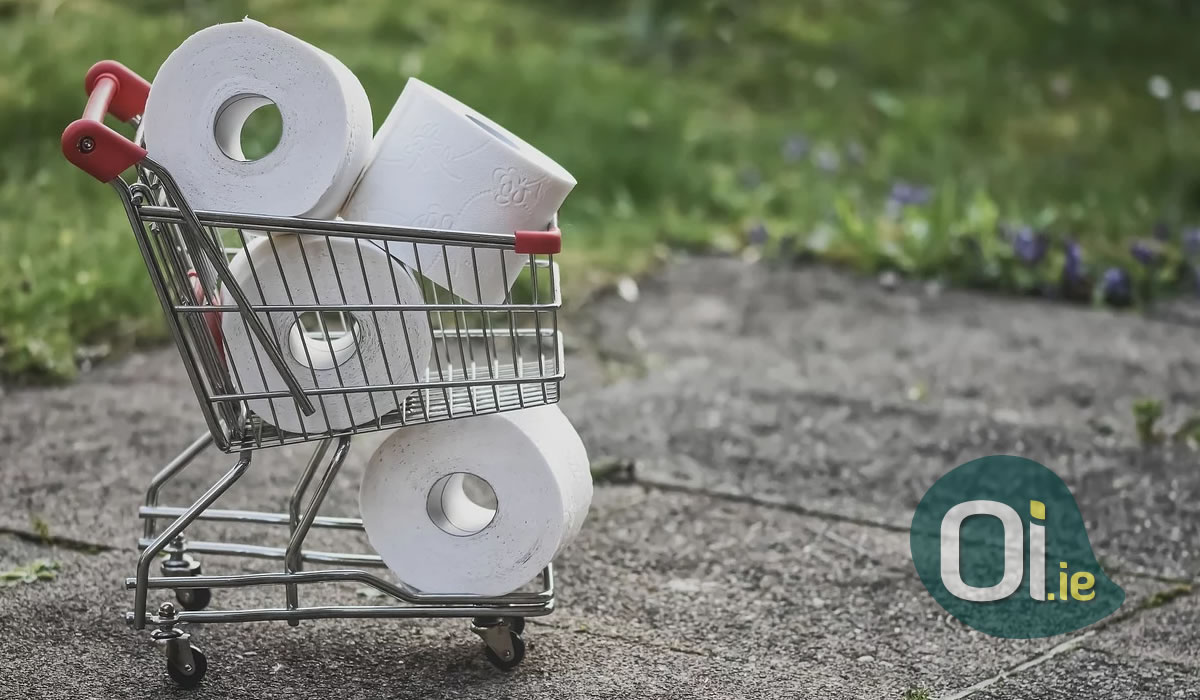The government updated its list of essential services and facilities during the Covid-19 crisis. Some types of establishment are considered essential and must continue to function, while others can only function in response to emergencies or delivery.
What keeps working?
The following services are considered essential by the government, and should continue to function even during quarantine.
- Supermarkets, grocery stores and small stalls selling food, drink and newspapers;
- Stores that sell essential items for the home, such as cleaning and security products;
- Pharmacies and medical stores;
- Fuel stations;
- Stores of essential products for animals and pets, such as feed and medicine;
- Laundries;
- Banks, post offices and credit unions;
- Stores of products for work safety, such as uniforms and protective equipment.
What should close?
The following services may continue to function, but only in response to emergencies or deliveries:
- Ophthalmologists;
- Vehicle and bicycle repair shops and auto parts stores;
- Hardware and tool stores;
- Office supply stores;
- Electronic appliance stores or service points.
In addition, all establishments that are not on the list of essential government providers must close by at least April 12. This includes places like gyms, shopping malls, language schools, pubs, clubs, among others.
The government also recommends isolation measures within commercial establishments, such as maintaining an adequate distance between customers and employees, avoiding crowds and queues, and offering online services when possible.





